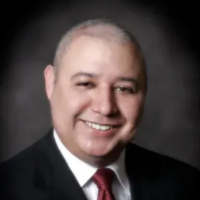Hammond White Collar Crime Lawyer, Indiana
Sponsored Law Firm
-
 x
x

Click For More Info:
-
Stracci Law Group, PC
11890 Broadway Crown Point, IN 46307» view mapCriminal Defense, OWI & Personal Injury Law Respected. Resourceful. Relentless.
Paul maintains a strong rapport with his clients as well as with other legal professionals in the area. He is a relationship builder, who has built strong relationships.
800-928-0490
Not enough matches for Hammond White Collar Crime lawyer.
Below are all Hammond Criminal lawyers.
Andrew Phillip Martin
✓ VERIFIEDAndrew Martin was born in Chicago, Illinois and lived in the Chicago suburbs his entire life. Mr. Martin lived in Schaumburg, Naperville and Plainfiel... (more)
Alejandro Dominguez
✓ VERIFIEDI am Alex Dominguez and I provide the highest quality, cost-efficient legal representation possible. I am an experienced trial lawyer representing cli... (more)
Andrew M. Yoder
FREE CONSULTATION
CONTACTStephen Charles Bower
Samuel George Vazanellis
FREE CONSULTATION
CONTACT Paul Stracci Crown Point, IN
Paul Stracci Crown Point, IN Practice AreasExpertise
Practice AreasExpertise


